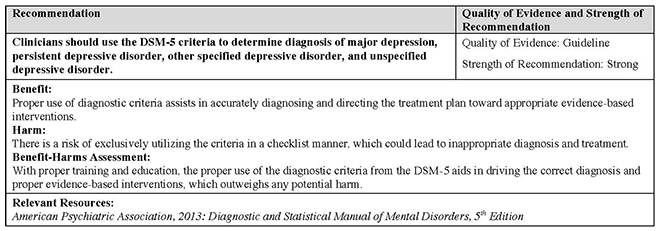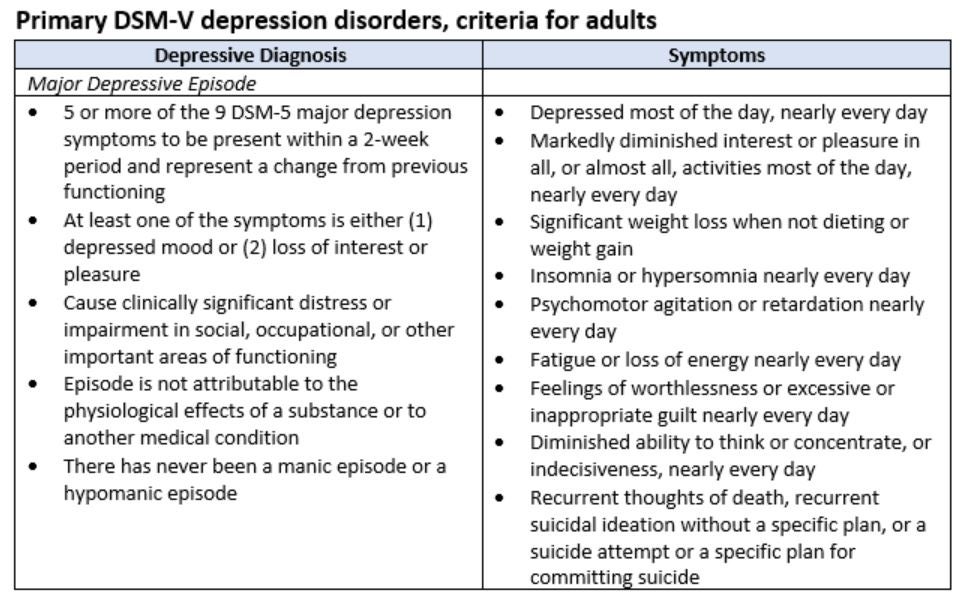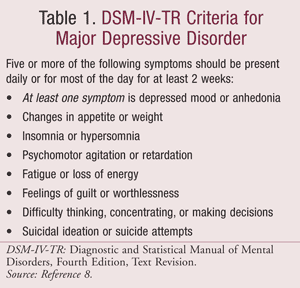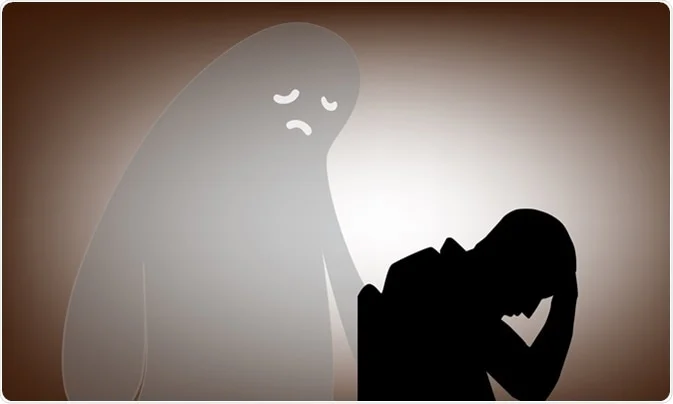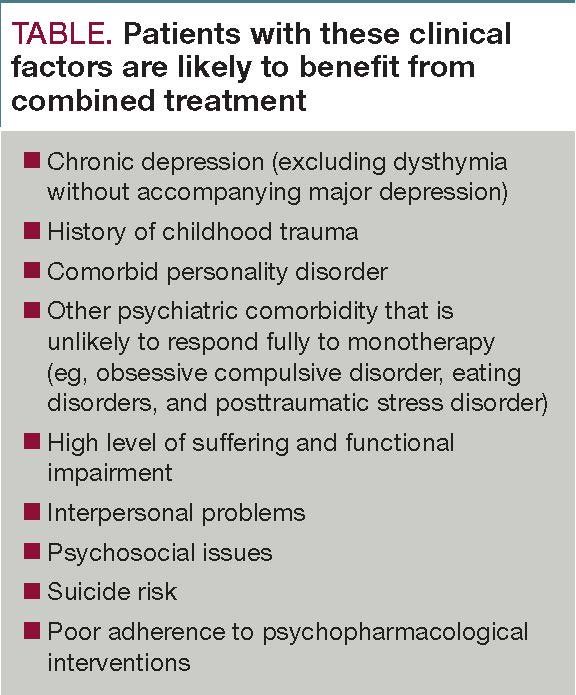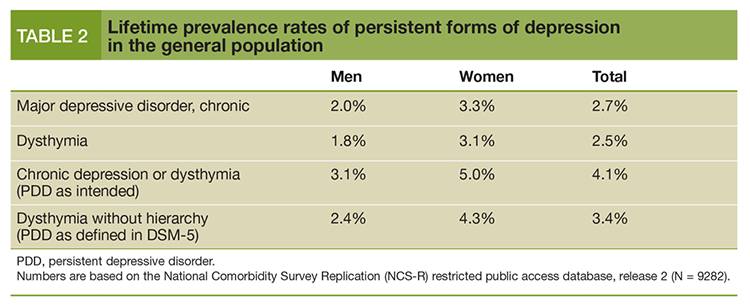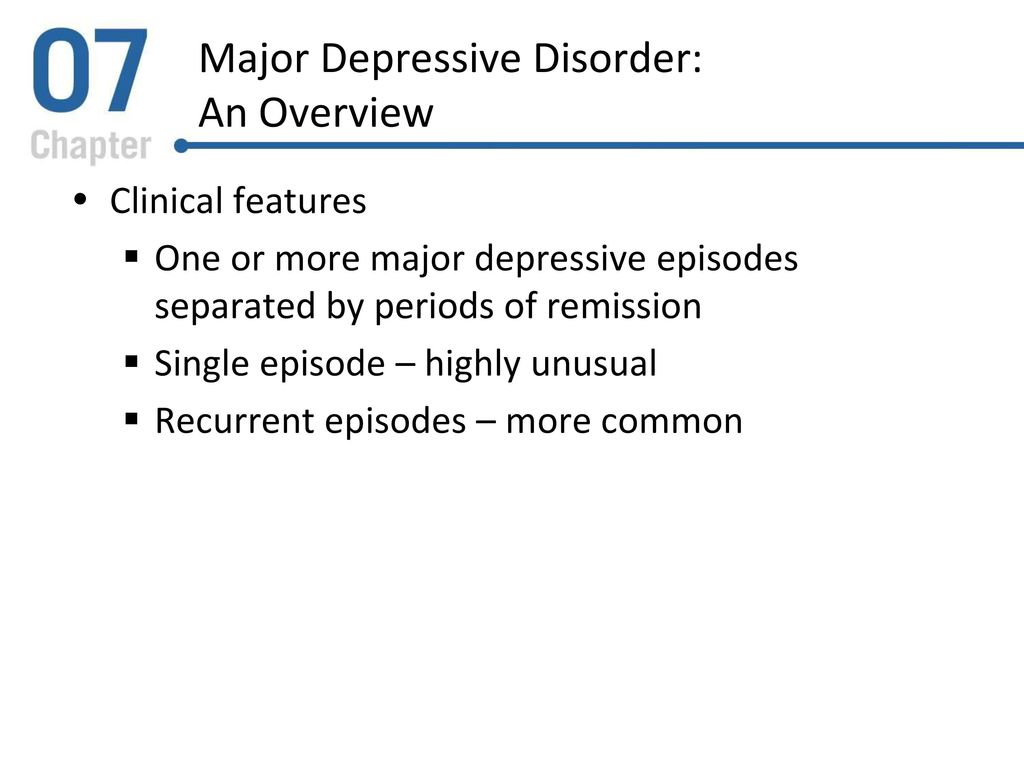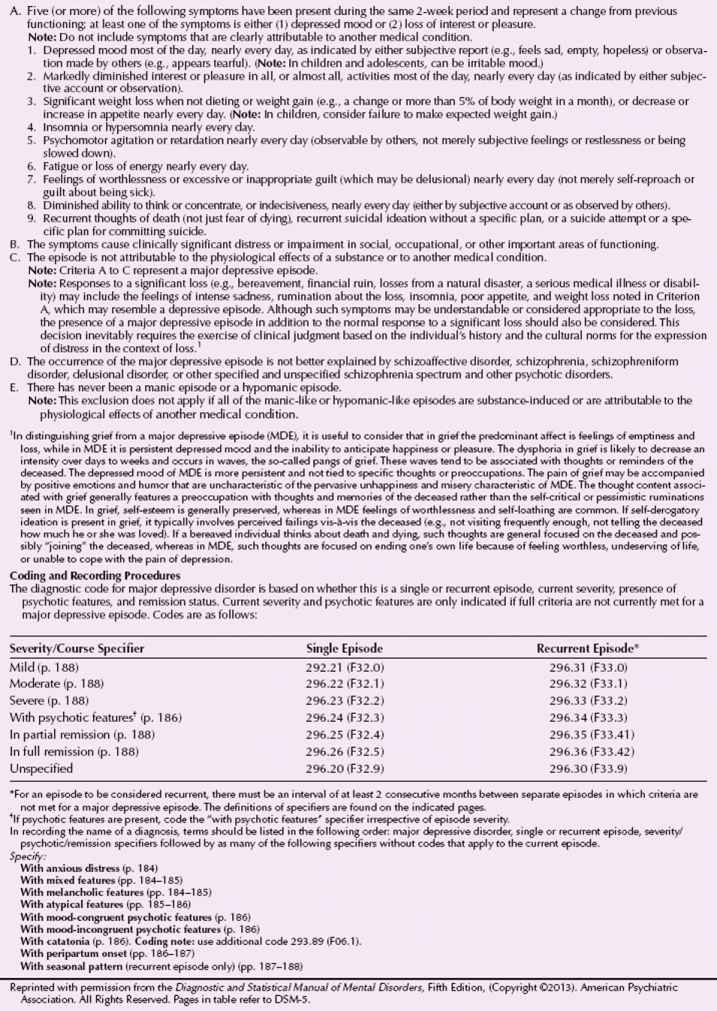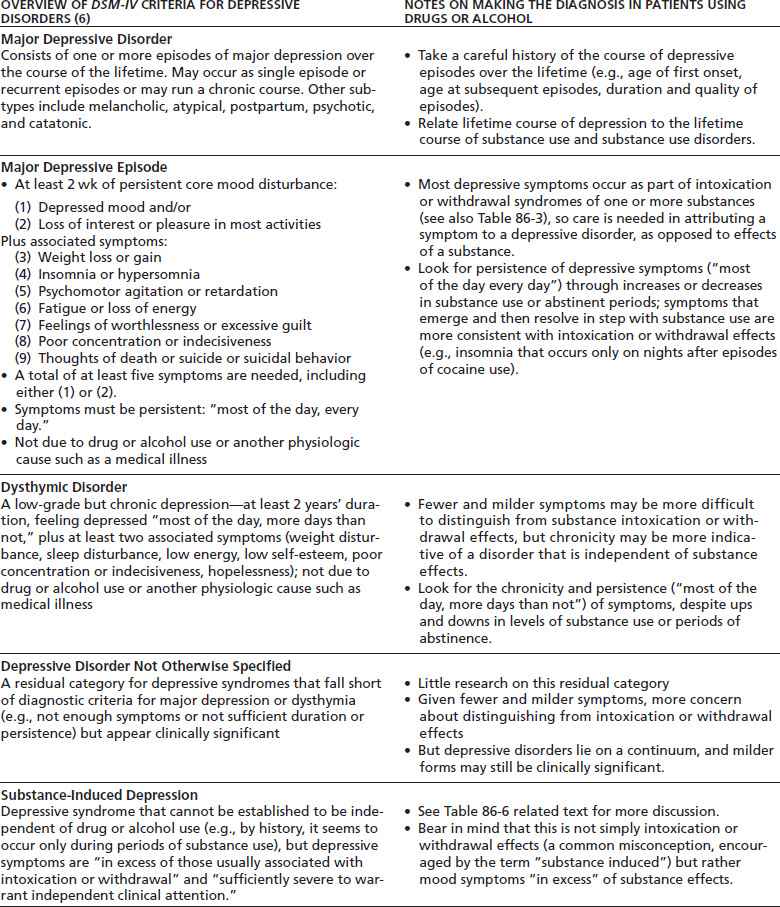What Is Major Depressive Disorder Single Episode Moderate Mean
If you're looking for picture and video information linked to the key word you have come to visit the right site. Our website provides you with suggestions for seeing the highest quality video and image content, hunt and locate more enlightening video content and graphics that fit your interests.
includes one of tens of thousands of movie collections from various sources, especially Youtube, so we recommend this movie that you see. It is also possible to contribute to supporting this site by sharing videos and images that you like on this site on your social media accounts such as Facebook and Instagram or tell your closest friends share your experiences concerning the ease of access to downloads and the information that you get on this site. This blog is for them to visit this site.
Feelings of sadness and hopelessness fatigue weight gain or weight loss changes in sleeping habits loss of interest in activities or thoughts of suicide.
What is major depressive disorder single episode moderate mean. They may say that youre going through a mild moderate or severe episode. Joe suffered single episode depression and he had never had it beofre. In this case your supporting documentation and the further specified diagnosis of Major depressive disorder single episode moderate or severe without psychotic features lets everyone else know the acuity of the patients depression. You may have trouble doing normal day-to-day activities and sometimes you may feel as if life isnt worth living.
This is the formal name that doctors give depression when they make a diagnosis. If criteria are currently met for the Major Depressive Episode it can be classified as Mild Moderate Severe Without Psychotic Features or Severe With Psychotic Features. Treatment is different for these people compared to people with several episodes. F321 - Major depressive disorder single episode moderate.
Symptoms of the immediately previously major depressive episode are present but full criteria are not met or there is a period lasting less than two months without any significant symptoms of a major depressive episode following the end of such an episode. Depression is a mood disorder that causes a persistent feeling of sadness and loss of interest. Intense and pervasive may include delusions and hallucinations Assessment 1. To view the entire topic please log in or purchase a subscription.
Some combination of the following symptoms may be present especially in Major Depressive Disorder 1. It also provides the medical necessity for additional resources medications referrals and follow-ups. Moderate major depressive disorder co-occurrent with catatonia single episode. Also called major depressive disorder or clinical depression it affects how you feel think and behave and can lead to a variety of emotional and physical problems.
A major depressive episode is characterized by the presence of a severely depressed mood that persists for at least two weeks. Major depressive disorder single episode moderate w peripartum onset. Clinical depression means that a doctor has given you a diagnosis of depression. F321 - Major depressive disorder single episode moderate is a topic covered in the ICD-10-CM.
In partial remission single episode ICD-10 F324 recurrent episode ICD-10 F3341. Severe major depression is classified as having the symptoms of mild to moderate depression but the symptoms are severe and noticeable even to your loved ones. ICD-10-CM 2021 Coding Guide from Unbound Medicine. If the criteria are no.
Single episode depression is an episode where a person not with a history of depressive episodes has one. When documenting major depressive disorderthe provider must document. Episodes may be isolated or recurrent and are categorized as mild few symptoms in excess of minimum criteria moderate or severe marked impact on social or occupational functioning. A major depressive episode is a period of two weeks or longer in which a person experiences certain symptoms of major depression.
Moderate major depressive disorder co-occurrent with anxiety single episode. Moderate major depression single episode. Episodes of major depression last. More persistent negative thinking and suicidal thoughts may occur 3.
